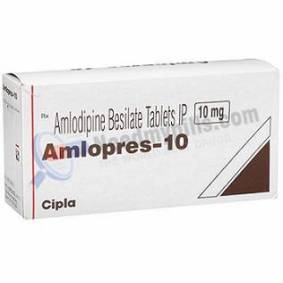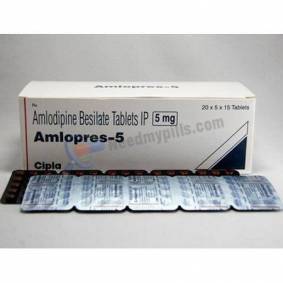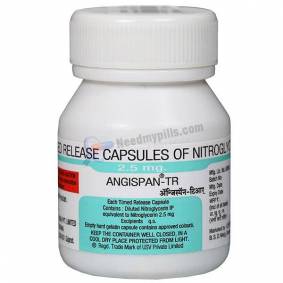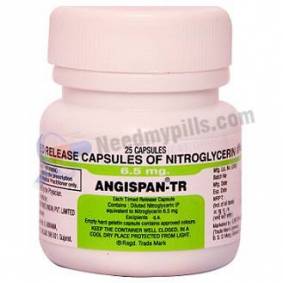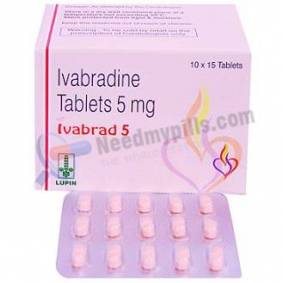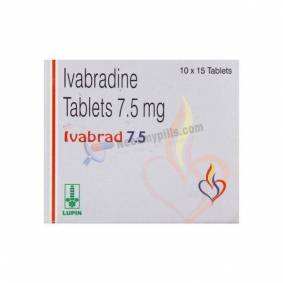Angina Pectoris Antianginal
Buy Angina Pectoris Antianginal from India
Heart related problems or disease were the third largest causes of death in the USA in 2017, among these heart diseases, coronary heart disease (CHD) was the dominating component which made up 75% of heart disease deaths. CHD occurs when a sticky substance known as: plaque builds up in the veins or vessels that supply blood towards the heart. As a result, the vessels or arteries are much hardened and narrowed, and blood circulation is lower and the heart muscle cannot get adequate blood. If blood circulation does not maintain, heart muscle loss of oxygen dies-a heart attack. Risk factors that increase your risk of coronary heart disease (CHD) and angina problem include tobacco use, diabetes, depression, anxiety, high blood pressure, and high blood cholesterol level, personal or family history of heart disease, older age, and lack of exercise, obesity and stress. Some of these major factors are avoidable or treatable.
There are three main types of angina:
- Stable angina: The most common type and has a continuity pattern. Attacks happen due to an obvious trigger (exercise). Rest and drugs usually help.
- Unstable angina: More unpredictable and the most severe or serious attack. These types of attacks happen without any obvious trigger and continue despite resting or medicine. It is a symbol that you can have a heart attack soon. If there is a change in your routine pattern of angina and an attack lasts longer than expected, it can be unstable angina. It is a medical attention and should be admitted under hospital care.
- Variant angina: it is very rare, attacks generally experience when you are resting. Some prominent medicine can help.
A large number of people with chest pain fear a heart attack. However, there are so many possible causes of chest related pain. Any organ, nerve, tissue or arteries in your chest can be the source of pain, including your heart lungs (e.g. pulmonary embolism), esophagus (gastro esophageal reflux), and ribs (e.g. inflammation of ribs), (e.g. angina, pericarditis), muscles or tendons. Therefore, you should discuss your healthcare expert for a diagnosis if you have chest pain.
Classification of oral Antianginal medications:
Antianginal medications are widely used to provide fasten relief from symptoms and stop angina attacks. If you’re at the risk of having a heart attack or stroke is high, it should be possible to decrease the risk by taking a combination of drugs and changing your lifestyle. Guidelines recommend beginning treatment with one or two Antianginal medicine, plus aspirin, possibly an angiotensin-converting enzyme inhibitor, and a statin for secondary stopping of cardiovascular problems.
The Antianginal medications recommended for beginning treatment are beta-blockers and calcium channel blockers, which decrease myocardial ischemia by heart beat lower and vasodilatory by heart rate reduction and vasodilatory functions respectively. Your healthcare professional will commonly prescribe either or both of these medications classes, together with a short acting nitrate for fasten reduction of angina attacks. However, if these medications are not tolerated, are contraindicated, or fail to right symptoms, alternative Antianginal medication are available, like: oral long-acting nitrates and newer Antianginal medications.
Buy Antianginal drugs online from India to get immediate relief from symptoms:
Short-acting nitrates: is commonly used to treat angina attacks. Nitrates relax and widen your blood vessels or arteries, allowing more blood to circulate towards your heart muscle. The most common nitrate used to diagnose angina problems is glycerol triturate (GTN) pills (to be put under your tongue).
Get best anti-angina medication online to preventing angina attacks:
- Beta-blockers: Make your heart rate slower with lower force. That means the heart requires less blood and oxygen after physical exercise, which can either stop angina or lower the frequency of attack. Examples are metoprolol,carvedilol, propranolol, atenolol etc.
- Ivabradine: it is a selective sinus node if inhibitor, with effect equal to beta-blocker- below down the speed of your heart beat. Generally, used in patients unable to consume beta-blockers medication for medical reasons.
- Trimetazidine: Metabolic component which maintains proper energy metabolism at the time of ischaemia.
- Long-acting nitrates: Works similar to GTN. Manufacture for the long-term prevention of symptoms. Examples are extended release isosorbidemononitrate and isosorbidedinitrate.
- Calcium channel blockers: Relax the heart muscles that make up the walls of your vessels, enhance the blood circulation towards the heart. Examples are amlodipine, nifedipine, verapamil, diltiazem, felodipine, etc.

